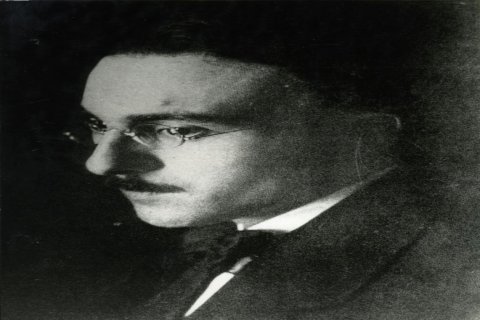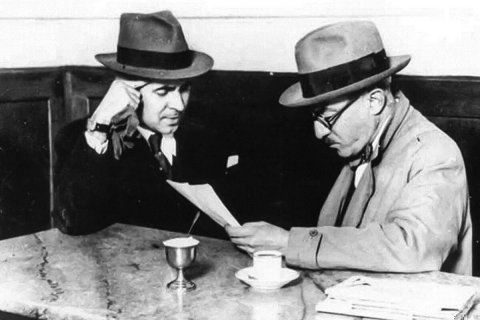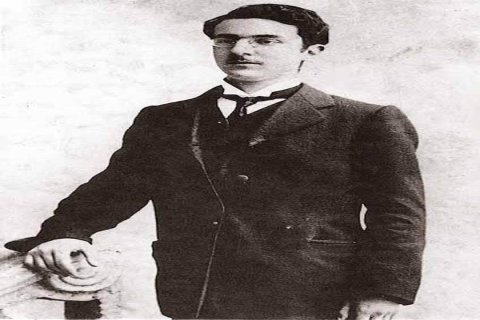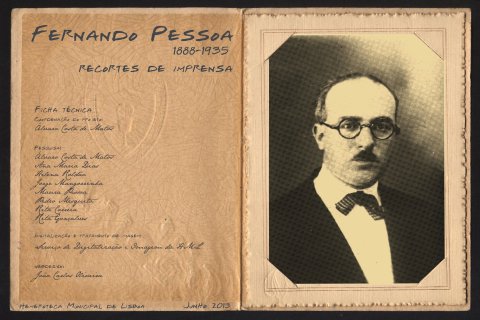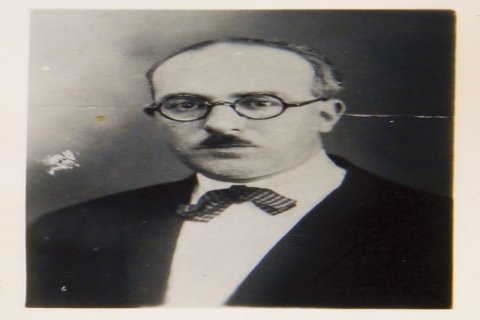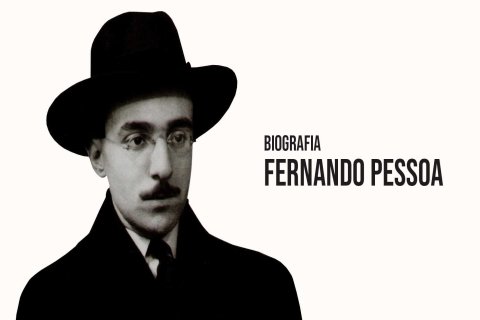Fernando Pessoa
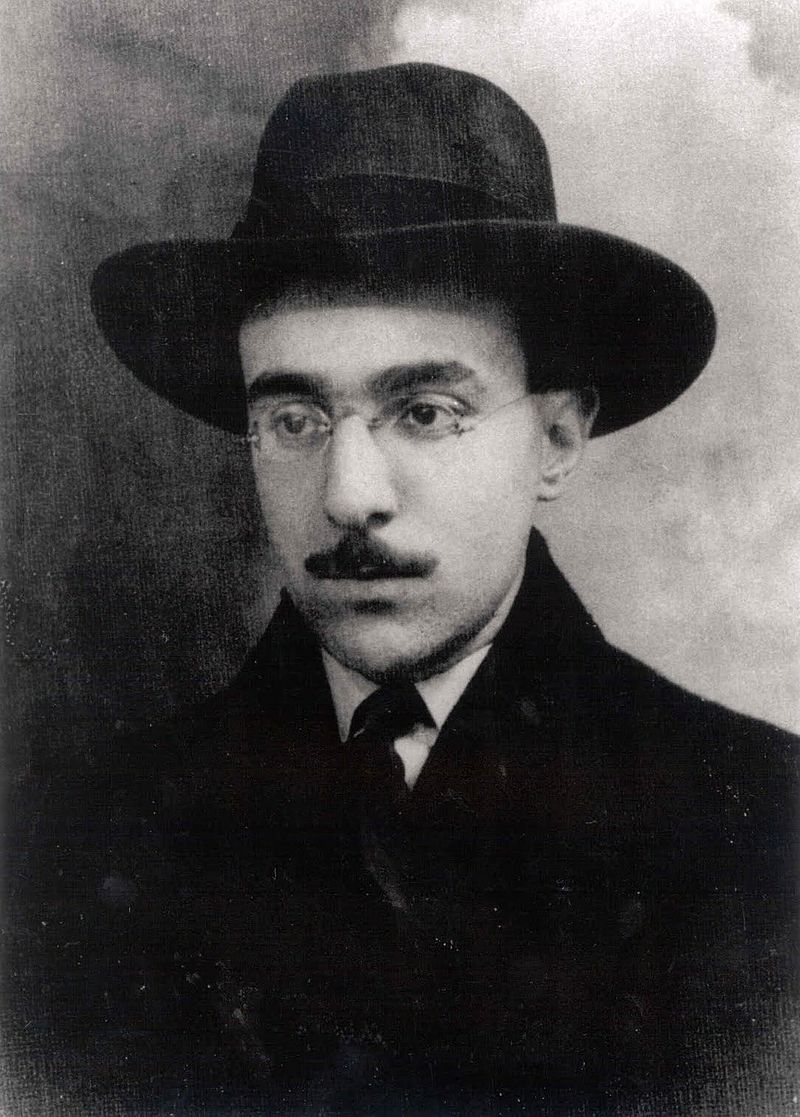
Title: Fernando Pessoa: Enigma and Brilliance of a Literary Colossus
Introduction: Fernando Pessoa is a name that resonates through the literary world as a towering figure of the 20th century. He was a Portuguese poet, writer, and philosopher whose enigmatic persona and profound works continue to fascinate and intrigue readers worldwide. This article explores the life, contributions, and enduring legacy of Fernando Pessoa, unveiling the complexities of a literary genius who defied categorization.
Early Life and Influences: Born in Lisbon, Portugal, on June 13, 1888, Fernando Pessoa had a tumultuous childhood marked by the early death of his father and frequent travels due to his mother's remarriage. These experiences shaped his introspective and philosophical nature, leading him to seek solace in literature and poetry. Pessoa's formal education took him to South Africa and England, where he developed a deep appreciation for English and Portuguese literature.
The Heteronyms: One of the most striking aspects of Fernando Pessoa's literary prowess was his creation of heteronyms, fictional personae under whose names he wrote poetry and prose. These heteronyms, such as Alberto Caeiro, Ricardo Reis, and Álvaro de Campos, each possessed unique styles, perspectives, and even biographies. Through them, Pessoa explored a wide range of themes, from existential angst to mystical contemplations, and pushed the boundaries of poetic expression.
Orpheu: A Revolutionary Voice: In 1915, Fernando Pessoa co-founded the influential literary journal Orpheu, which became a mouthpiece for modernism in Portugal. Through Orpheu, Pessoa and his contemporaries challenged traditional literary conventions, embracing experimentation, symbolism, and a break from established norms. Orpheu's impact extended beyond Portugal, influencing literary movements across Europe and Latin America.
Master of Poetry: Fernando Pessoa's poetic output is vast and varied, encompassing themes of identity, time, dreams, and the search for meaning in a chaotic world. His poetry is known for its depth of thought, introspective nature, and innovative use of language. Some of his most celebrated works include "Mensagem," a collection of poems exploring Portuguese history and identity, and "Livro do Desassossego" ("The Book of Disquiet"), a fragmentary masterpiece chronicling the musings of Bernardo Soares, Pessoa's semi-heteronym.
Philosophical and Metaphysical Inquiries: Beyond his poetry, Fernando Pessoa was a profound thinker and philosopher. He delved into metaphysics, epistemology, and the nature of reality, questioning the boundaries of human perception and understanding. His writings on these topics, while less well-known than his poetry, provide valuable insights into his intellectual and philosophical pursuits.
Influence and Legacy: Fernando Pessoa's literary legacy is immense and far-reaching. His innovative use of language, exploration of multiple identities, and existential musings have inspired generations of writers and thinkers. His works have been translated into numerous languages and continue to be studied and analyzed by scholars worldwide. Pessoa's enigmatic persona and the enduring appeal of his writings have cemented his status as one of the most significant literary figures of the 20th century.
Conclusion: Fernando Pessoa was an enigma, a literary chameleon, and a visionary thinker who defied easy categorization. Through his poetry, heteronyms, and philosophical inquiries, he challenged conventions, expanded the boundaries of expression, and left an indelible mark on the literary landscape. His enduring legacy continues to inspire and intrigue readers, solidifying his place as a literary giant whose works transcend time and cultural boundaries.

